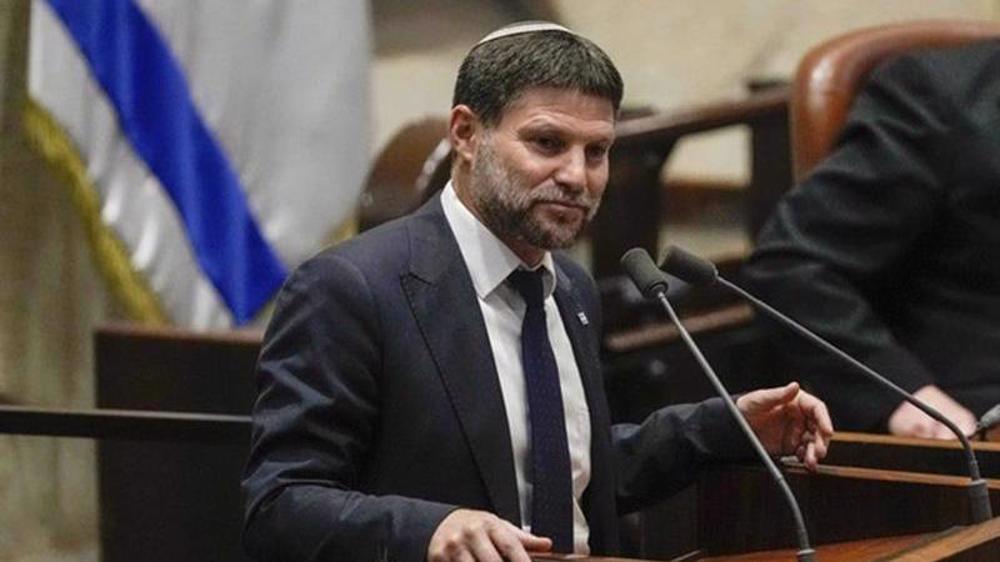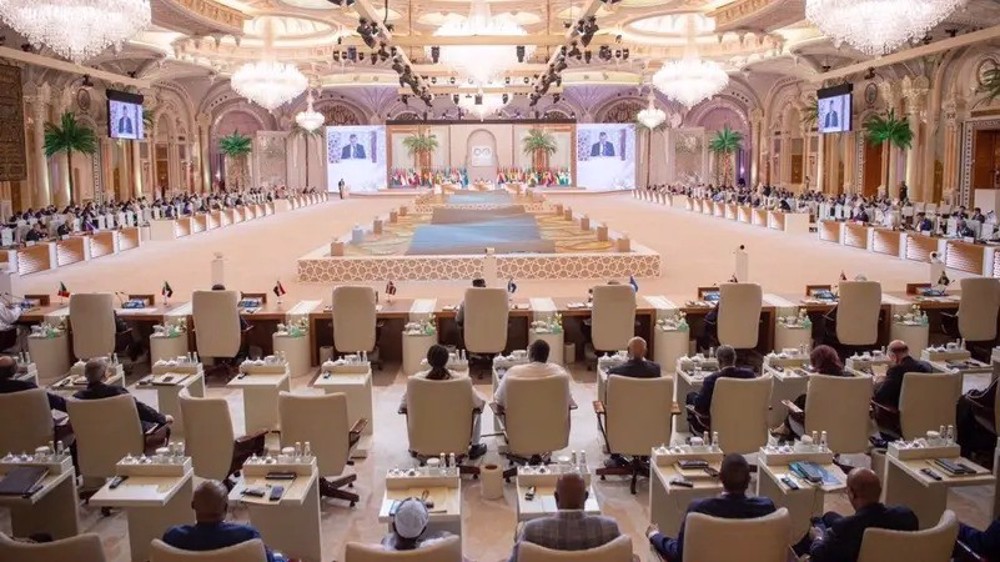Saudi authorities hold workshop to review security plans for Hajj
Saudi authorities have held a workshop to review security plans for Hajj rituals, months after the deadly crush in Mina.
According to the English-language daily Saudi Gazette, the three-day workshop, which was attended by various government officials, reviewed emergency medical plans and “the lessons of last year's hajj season.”
The crush took place on September 24, 2015, after two large masses of pilgrims converged at a crossroads in Mina during the symbolic ceremony of the stoning of Satan in Jamarat.
The crush was the deadliest incident in the history of the pilgrimage. According to an Associated Press count based on official statements from the 36 countries that lost citizens in the disaster, more than 2,400 pilgrims were killed in the incident.
Saudi Arabia claims nearly 770 people were killed in the incident, but officials at Iran’s Hajj and Pilgrimage Organization say about 4,700 people, including 464 Iranian pilgrims, lost their lives.
The regime in Riyadh has not released findings from its internal probe into the stampede, nor has it changed its official death toll from 769.
The kingdom has come under fire over the handling of the incident.

Several Muslim countries and religious institutions censured the Saudi regime’s mismanagement of the pilgrimage, which resulted in the massive loss of pilgrims’ lives.
The tragedy came days after a massive construction crane collapsed into Mecca’s Grand Mosque, killing more than 100 people and leaving over 200 others wounded. According to the figures released by Iran's Hajj and Pilgrimage Organization, 11 Iranian pilgrims were among the dead and 32 of the injured were also Iranian nationals.
Separately, a fire at a 15-story hotel in Mecca on September 21, 2015, forced the evacuation of some 1,500 people. A fire also broke out at another hotel in the city days earlier, which left a number of foreigners injured.
On March 19, at least 19 people were killed when a bus carrying Egyptian pilgrims crashed in Saudi Arabia. The bus was transporting 44 Egyptians, including two children, when it overturned on the road between the holy cities of Mecca and Medina.
The Saudi regime has been accused of compromising pilgrims’ safety in recent years.
On February 28, Saeed Ohadi, head of Iran’s Hajj and Pilgrimage Organization said Riyadh must guarantee the safety of Iranian pilgrims as a condition for their future dispatch to Saudi Arabia.
VIDEO | 85% of Yemeni displaced people face daily hunger crisis
US House passes bill targeting charities and pro-Palestine groups
VIDEO | Supporting Gaza genocide
Hezbollah attacks Israeli forces after Lebanese homes blown up
World leaders, states hail ICC arrest warrants for Netanyahu, Gallant
MP: US accountable for possible Israeli 'foolishness' to attack Iraq
VIDEO | Israeli policies strangle Palestinian agriculture, economy
Iran's president offers condolences to Pakistan over terrorist attack
















 This makes it easy to access the Press TV website
This makes it easy to access the Press TV website